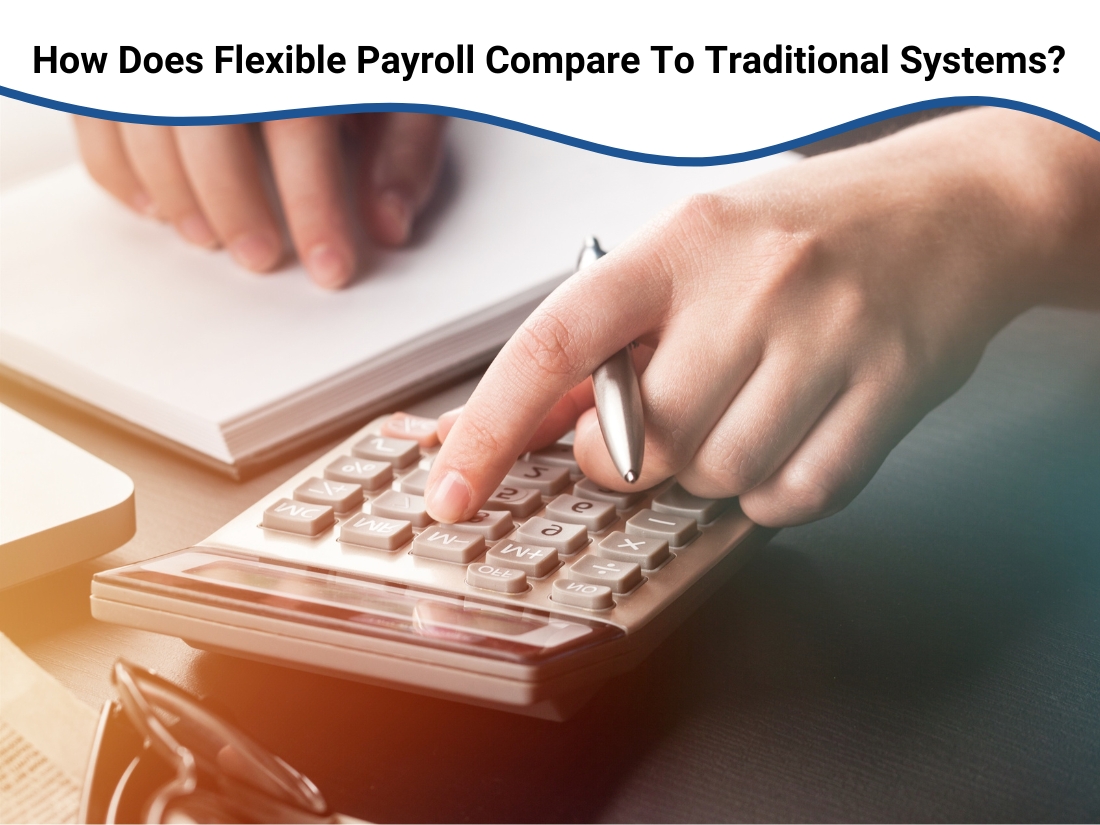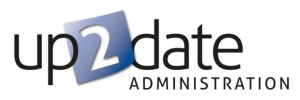How Does Flexible Payroll Compare To Traditional Systems?

Payroll systems are crucial to the smooth running of any business. They ensure employees are paid accurately and on time, manage deductions, and handle tax compliance. However, as businesses evolve, so too must their payroll systems. Flexible payroll is gaining popularity as an alternative to traditional payroll systems, offering a range of benefits. But how does it truly compare? In this article, we’ll delve into how flexible payroll stacks up against conventional methods, helping you decide if it’s the right choice for your business.
What advantages can flexible payroll offer over conventional methods?
Flexible payroll systems provide several advantages over traditional payroll methods. Here’s how:
- Customisation and scalability: Flexible payroll systems can be tailored to meet your business’s specific needs and adjusted accordingly to accommodate various pay rates, benefits, or deductions. This level of customisation is often lacking in conventional systems.
- Real-time processing: Unlike traditional payroll, which may have set processing times, flexible systems offer real-time payroll processing. This means adjustments can be made quickly, and employees can be paid promptly.
- Integration with other systems: Modern, flexible payroll solutions often integrate seamlessly with other business systems, such as HR, time tracking, and accounting software. This integration reduces the need for manual data entry and minimises errors.
- Enhanced compliance: Flexible systems are designed to adapt to changing tax laws and regulations. This ensures compliance is maintained without the need for constant manual updates.
These advantages make flexible payroll a compelling choice for businesses looking to streamline their payroll processes and improve accuracy.
How can flexible payroll systems enhance employee satisfaction?
Employee satisfaction is crucial for maintaining a motivated and productive workforce. Here’s how flexible payroll systems can enhance satisfaction:
- Timely and accurate payments: Flexible payroll systems ensure employees are paid on time and accurately, reducing the frustration and financial stress that can arise from payroll errors or delays.
- Self-service options: Many flexible payroll systems offer self-service portals where employees can view pay stubs, track hours, and update personal information. This empowers employees to feel more in control of their payroll information.
- Customised benefits: Flexible payroll systems allow employees to tailor benefits and deductions to accommodate individual needs, such as different types of leave or varied benefit contributions.
By addressing these aspects, flexible payroll systems increase employee satisfaction and engagement.
Are there any challenges associated with adopting flexible payroll?

While flexible payroll systems offer numerous benefits, they are not without challenges:
- Implementation complexity: Transitioning from a traditional payroll system to a flexible one can be complex. Configuring the system to meet your business’s needs may require significant time and effort.
- Initial costs: The upfront investment for flexible payroll solutions can be higher than traditional methods. This includes fees for software, training, and potential system upgrades.
- Training requirements: Employees and payroll administrators may need training to use the new system effectively. As everyone gets up to speed, productivity can temporarily decrease.
Despite these challenges, many businesses find the long-term benefits of flexible payroll outweigh the initial hurdles.
How does payroll efficiency improve with more adaptable systems?
Flexible payroll systems can significantly enhance payroll efficiency:
- Automation: These systems automate many payroll processes, such as calculating wages, deductions, and taxes. This reduces the risk of human error and speeds up the payroll cycle.
- Streamlined reporting: Flexible systems often provide advanced reporting features, allowing you to generate detailed payroll reports quickly and easily. This facilitates better financial planning and compliance tracking.
- Reduced administrative burden: By integrating with other business systems, flexible payroll solutions reduce the need for manual data entry and administrative tasks. This frees up time for your HR and payroll staff to focus on more strategic activities.
These efficiency gains can lead to substantial time and cost savings for your business.
What are the cost implications of transitioning to a flexible payroll system?

The cost implications of adopting a flexible payroll system can vary:
- Upfront investment: Implementing a flexible payroll system often involves significant upfront costs, including software purchase, installation, and training.
- Ongoing costs: The system may have ongoing subscription or maintenance fees. However, these costs can be offset by the efficiencies and error reductions it provides.
- Potential savings: Over time, a flexible payroll system’s improved efficiency and accuracy can lead to cost savings in areas such as reduced administrative labour and lower error-related expenses.
It’s essential to evaluate these costs in the context of the long-term benefits that a flexible payroll system can offer.
How do you decide whether a flexible payroll solution suits your business?
Determining if a flexible payroll solution is right for your business involves several considerations:
- Assess your needs: Evaluate your current payroll system and identify areas where it may be lacking. Consider whether the features of a flexible payroll system align with your business’s needs.
- Evaluate costs and benefits: Compare the costs of implementing a flexible payroll system with the potential benefits, such as improved accuracy, efficiency, and employee satisfaction.
- Consult with experts: Seek advice from payroll professionals or consultants who can provide insights into whether a flexible payroll solution fits your business.
By carefully assessing these factors, you can make an informed decision about adopting a flexible payroll system.
Conclusion
Flexible payroll systems offer advantages over traditional methods, including greater customisation, real-time processing, and enhanced compliance. They can significantly improve employee satisfaction and payroll efficiency while addressing some of the common challenges of traditional systems. However, weighing the initial costs and implementation complexities against the long-term benefits is essential.
Explore innovative payroll solutions for your business
If you’re considering transitioning to a more adaptable payroll system, carefully exploring your options is crucial. Flexible Payroll Solutions can provide the customisation and efficiency your business needs to thrive.
For expert advice and support in managing your payroll needs, contact Up2Date Administration. With over 15 years of experience, Up2Date Administration offers tailored payroll, bookkeeping, and BAS agent services to small and medium-sized businesses in Perth, Western Australia. Let us help you streamline your payroll processes and ensure compliance with ease.
